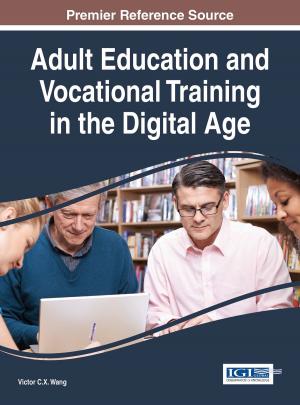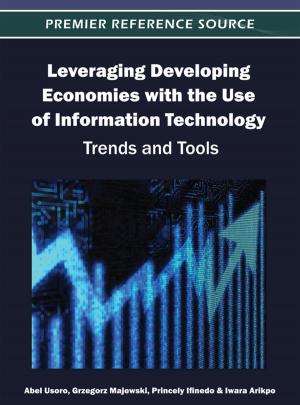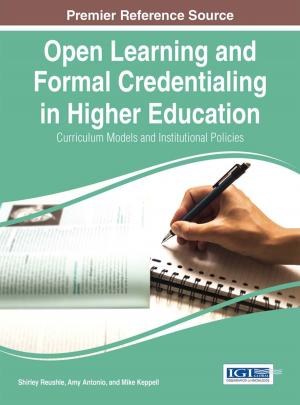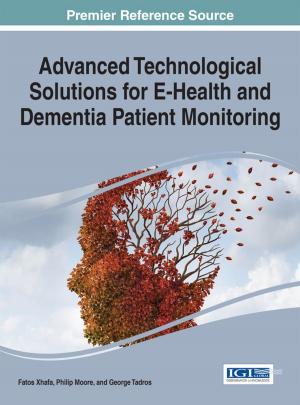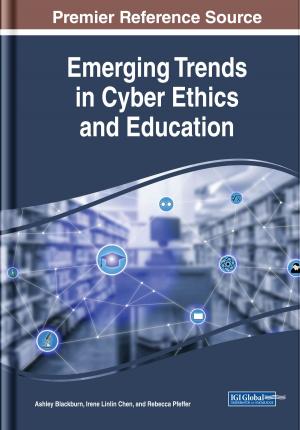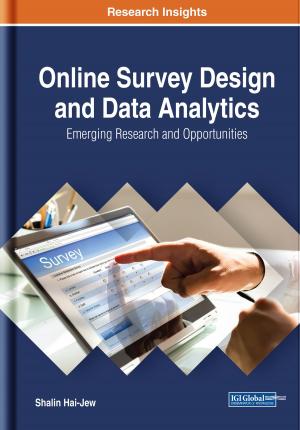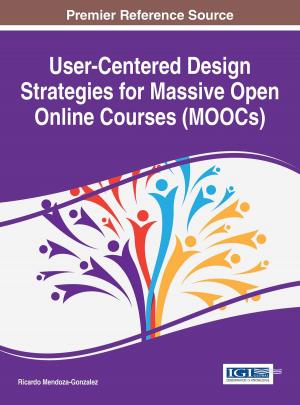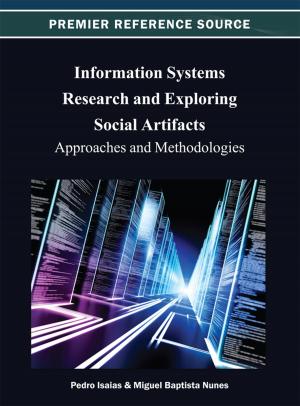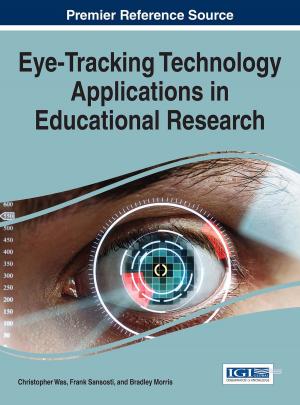Preparing Foreign Language Teachers for Next-Generation Education
Nonfiction, Reference & Language, Education & Teaching, Higher Education, Teaching, Teaching Methods| Author: | ISBN: | 9781522504856 | |
| Publisher: | IGI Global | Publication: | July 21, 2016 |
| Imprint: | Information Science Reference | Language: | English |
| Author: | |
| ISBN: | 9781522504856 |
| Publisher: | IGI Global |
| Publication: | July 21, 2016 |
| Imprint: | Information Science Reference |
| Language: | English |
The growth of Information and Communication Technology (ICT) has changed the dynamics of education, as self-directed learning, especially on mobile devices, is as accessible as ever. Despite the near infinite amount of information available for students outside of school, the classroom remains the most critical aspect of student’s growth. Teachers now play crucial roles in engaging ICT’s full potential to create an environment of meaningful learning to develop students’ critical thinking skills. Preparing Foreign Language Teachers for Next-Generation Education concerns itself with the integration and study of new technologies in foreign-language education. Featuring theoretical and empirical chapters related to the confluence of teacher-education, teacher cognition, and innovative technologies, it provides engaging insight into foreign-language teachers’ perceptions and the influence of those perceptions. This publication is quintessential to foreign-language teachers, administrators, policy makers, students of education, programmers, and developers.
The growth of Information and Communication Technology (ICT) has changed the dynamics of education, as self-directed learning, especially on mobile devices, is as accessible as ever. Despite the near infinite amount of information available for students outside of school, the classroom remains the most critical aspect of student’s growth. Teachers now play crucial roles in engaging ICT’s full potential to create an environment of meaningful learning to develop students’ critical thinking skills. Preparing Foreign Language Teachers for Next-Generation Education concerns itself with the integration and study of new technologies in foreign-language education. Featuring theoretical and empirical chapters related to the confluence of teacher-education, teacher cognition, and innovative technologies, it provides engaging insight into foreign-language teachers’ perceptions and the influence of those perceptions. This publication is quintessential to foreign-language teachers, administrators, policy makers, students of education, programmers, and developers.

